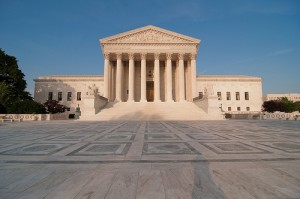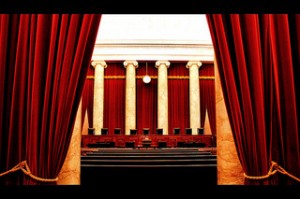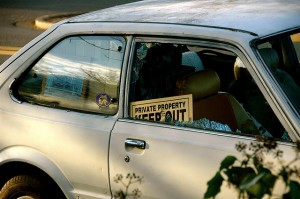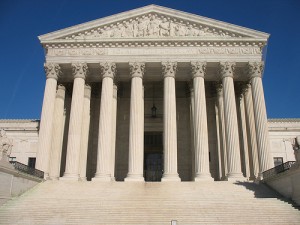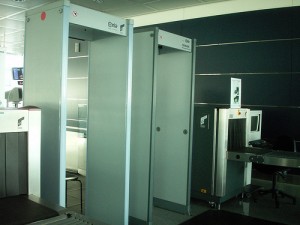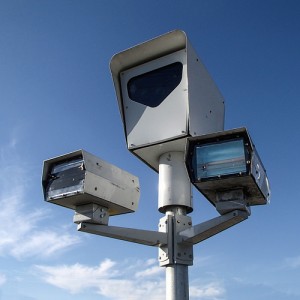The Supreme Court Strikes Down Buffer Zone Law
Posted
26 Jun 2014 in Case Notes
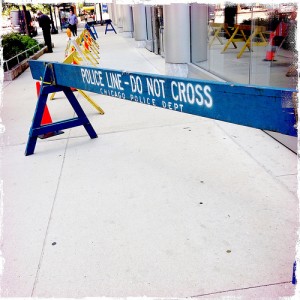 A local government can create a 35-foot buffer zone to restrict speech on a public street only if it has first made a serious effort to address the issue in other ways.
That's the lesson of McCullen v. Coakley, the Supreme-Court decision today that strikes down a Massachusetts statute that makes it a crime to knowingly stand on a public way or sidewalk within 35 feet of a location where abortions are performed.
Although the Court found that the law is content-neutral—and therefore not subject to strict scrutiny—the Court ruled that the Commonwealth had "too readily foregone options" that would not substantially burden speech.
What are those options?
A local government can create a 35-foot buffer zone to restrict speech on a public street only if it has first made a serious effort to address the issue in other ways.
That's the lesson of McCullen v. Coakley, the Supreme-Court decision today that strikes down a Massachusetts statute that makes it a crime to knowingly stand on a public way or sidewalk within 35 feet of a location where abortions are performed.
Although the Court found that the law is content-neutral—and therefore not subject to strict scrutiny—the Court ruled that the Commonwealth had "too readily foregone options" that would not substantially burden speech.
What are those options?




